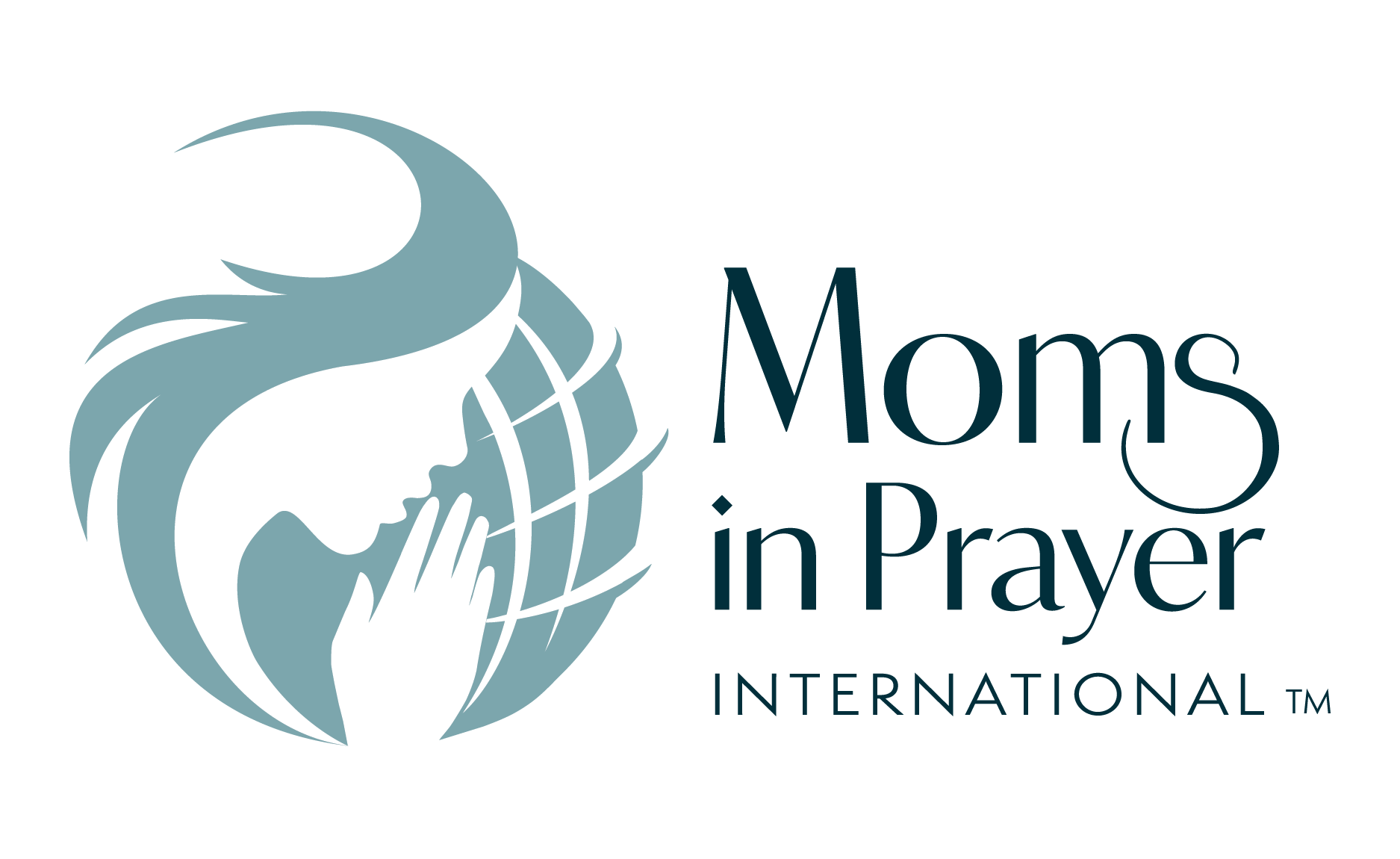We’ve all been there on social media. Our scrolling comes to a standstill as we read a heartbreaking update. Within a few minutes, a flurry of comments are posted. But have you noticed, the way we text compassion to one another has morphed to fit the little comment boxes? And before long, we’ve limited ourselves to a handful of prayerful catch-phrases that frankly, may not be as biblical as we think.
“Sending Prayers Your Way”
When a loved one is going through a crisis, we sometimes say we’re “Sending prayers your way.” But is it really possible to “send” them our prayers? Surprisingly, the Bible doesn’t talk about “sending” prayers to anyone. That’s a modern expression. Overwhelmingly, the two primary ways the Bible talks of prayer are:
- Praying to God
- Praying for someone
When we kick off a Moms in Prayer hour together, it’s no mistake that we spend the first several minutes reflecting on an attribute of God. There’s no better way to remind ourselves of TO WHOM we are praying, and why God alone is worthy to receive our prayer.
Why is this important? Because, to say we’re sending our prayers to our hurting friend misinterprets the nature of prayer. If we send our prayers anywhere, we send them to God and he powerfully pours out blessing in answer to our prayers.
This mindfulness can overflow into how we speak to a friend in crisis. Rather than expressing that we are sending our prayers to them, we can reflect the glory back to God, by highlighting that we’re praying to Him.
“Our Prayers Go Out to You”
In times of terrible tragedy, public figures will sometimes offer words of consolation such as, “Our prayers go out to all the families who are hurting.” But is it possible for the prayers of caring, yet unbelieving citizens, to “go out” to people in need? Instead, the Bible speaks of our prayers “rising up.” This is beautifully illustrated in the book of Revelation as the prayers of God’s people mingle with the fragrant smoke of incense, rising up before God.
The smoke of the incense rose up from the angel’s hand. The prayers of God’s people rose up together with it. The smoke and the prayers went up in front of God. Revelation 8:4 NIRV
“Our prayers go out…” also confuses FROM WHOM effective prayers come. We assume that any sincere person can get God’s attention. However, according to God’s Word, effective prayer comes from a heart of true belief and humility. 2 Chronicles 7:14 explains this. “If my people… humble themselves and pray and seek my face and turn from their wicked ways, then I will hear from heaven…” Are we praying to God in humility, from hearts that have been cleansed of sin by the blood of Jesus Christ? (1 John 1:7-9)
Again, it’s intentional that Moms in Prayer emphasizes praying “in one accord” along with other Christ-followers. But also, each prayer hour incorporates a few crucial moments of searching our hearts in humble confession. As we pray from pure & humble hearts, we have a unique confidence that our prayers are indeed being heard before the throne of God. That confidence can embolden the words of encouragement we send to others in crisis.
“My Thoughts & Prayers Are with You”
Lastly, one final favorite—“My thoughts and prayers are with you”—expresses muddled thinking about WHAT prayer is. Realistically, thinking compassionate thoughts about a friend in need is not the same as praying for them.
There is a unique power in prayer that far surpasses mere empathy.
Saying “my thoughts and prayers are with you” suggests our prayers are simply “warm fuzzies” we magically bestow on others. It’s tempting to imagine prayer as a protective cloud around our loved ones or a set of wings that carry loving thoughts to them.
But WHAT is prayer really? Prayer is a conversation with God. By asking God for specific blessings described in His Word, we can trigger an outpouring of answered prayer on our hurting loved ones. And naturally, as we pray particulars from God’s Word, we can also be specific in sharing with our loved ones, word-for-word, exactly what we are praying for them.
Our family experienced the blessing of this first-hand during a season of loss. A dear friend ministered to us simply by sending us a scripture verse every couple of days. Rather than supposing that she needed to be eloquent, this friend let God’s Word do the talking!
Prayer Toolbox
Let’s face it—real life doesn’t come with a script, but here are a few suggestions of ways to say “I’m praying” that mirror God’s Word:
| Concept | Sample | Example from Scripture |
| Share for whom you are praying | “I’m praying for…” | Paul expresses this in Colossians 1:9.
“…we have not ceased to pray for you” |
| Share to whom you are praying | “I’m praying to our great Comforter, that He would…” | Hagar demonstrates this in Genesis 16:13.
“Then she called the name of the LORD who spoke to her, ‘You are the God Who Sees.’” |
| Share what you are praying for | “I’m praying that…” | Jesus does this in Luke 22:32.
“…I have prayed for you that your faith may not fail.” |
| Share what you are praying against | “I’m praying against…” | David prays this way in Psalm 141:5.
“Yet my prayer is continually against their evil deeds. |
So What’s The Point?
Some of you may be wondering, “Why do we need to be so picky about how we talk about prayer?” The words we choose matter because they remind us and others what prayer is all about. And as moms, this also lays the groundwork for teaching our own kids about prayer. Let’s challenge ourselves to speak with biblical (and even counter-cultural) clarity by getting the details right:
- TO WHOM we pray… To God alone!
- FROM WHOM prayer comes… From humble Christ-followers!
- WHAT prayer actually is… a conversation with God where we can pray powerful specifics from His Word!
Armed with a biblical understanding of prayer, we can pray with confidence knowing that our prayers will be heard. Now that’s a tremendous gift we can give to our hurting loved ones!
- Pray for your kids using God’s Word – Join a Moms in Prayer group!
- SHARE this blog with a friend – click on a social media icon on screen
- Support Our Mission
 Jen Costanzo lives in small-town Pennsylvania with her husband Mike and three kids. She loves supporting the body of Christ in her work as a church secretary and has led a Moms in Prayer group in her community since her oldest began kindergarten in 2015.
Jen Costanzo lives in small-town Pennsylvania with her husband Mike and three kids. She loves supporting the body of Christ in her work as a church secretary and has led a Moms in Prayer group in her community since her oldest began kindergarten in 2015.


Comments 5
Thank you, Jen for your words on true, pure prayer .
Thank you Jen – this was amazing and a beautiful, concise description of what our words and prayers should be.
Thanks, Judy! I think it reflects well on the faithfulness to God’s Word that was built into the Moms in Prayer format. When we try to describe what prayer should be, it naturally circles around to “Hey, we already do that in Moms in Prayer!”
What great practical helps to be mindful with our words and not fall into the patterns of the world! We can also remember that we pray only through Jesus Christ, the one mediator between God and man.(1 Timothy 2:5) He is forever in heaven interceding for us with the Father. (Hebrews 7:25)
Beautifully said! That might make a good topic for another blog too (Hebrews 4:14-16)